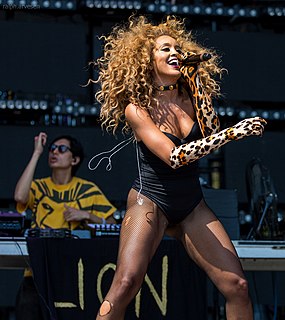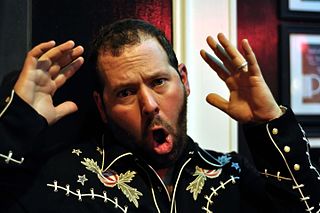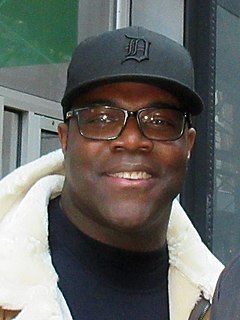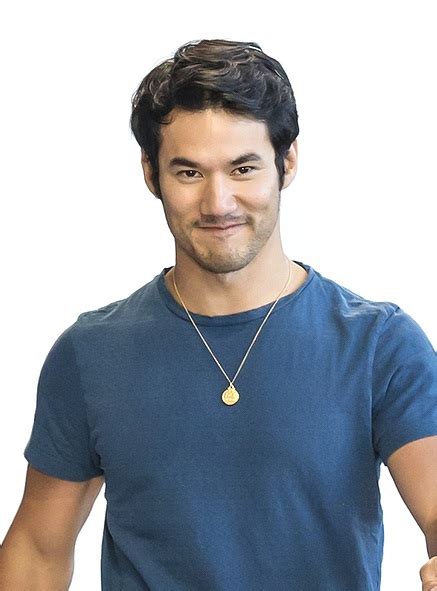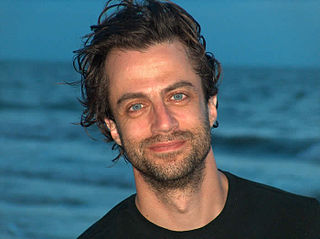A Quote by Jillian Hervey
Once you train you develop your own aesthetic and your confidence. So, I think as I grow I'm learning how to be a singer. I'm training my voice and being on stage and singing and dancing.
Related Quotes
With dancing, I think the reason it's worked for me, and I love it so much, is because I've trained my entire life. Once you train, you develop your own aesthetic and your confidence. So I think, as I grow, I'm learning how to be a singer. I'm training my voice and being on stage and singing and dancing.
Write like you write, like you can't help but write, and your voice will become yours and yours alone. It'll take time but it'll happen as long as you let it. Own your voice, for your voice is your own. Once you know where your voice lives, you no longer have to worry so much about being derivative.
I had a teacher who stressed for me the importance of diction in terms of... I want to be very careful about how I say this... in terms of supporting one's voice when one is singing. In other words, if you hold on to your words, your voice will pull through for you when you're singing. So be true to your vowels.
If a train doesn’t stop at your station, it’s simply because it’s not your train. Don’t try to flag down the conductor and convince them to stop there, even if their own map says that they should just keep going. You may not realize it, but there’s another train trying to come toward you, unable to get into your station because a train that doesn’t even belong there is being delayed there by your intensity.
I don't like my voice that much. I think I'm a much better actress than singer. Singing is like going to a party at someone else's house. Acting is like having the party at your own house. When you go to someone else's house for a party, it's not your responsibility at all, but when you have the party at your own house, there's a lot of responsibility. Everyone has to have a good time. So for me, acting is deeper.
Performing in Detroit or performing in Chicago, you're on your own turf, but when you tour a show, the audiences change. You're in a completely different space; sensibilities change. I think I learned a lot from doing that - how written material works in different places, learning to have confidence, learning the idea of how to be adaptable.
I was also very lucky to be able to work with talented people while I was learning. I didn't actually go to fashion school. I worked with Riccardo Tisci at Givenchy which was a really pivotal experience for me. He taught me a lot about being faithful to your own voice and to really believe in your own voice and that's made a big difference.
I'm an aesthetic empiricist. If you like something, it doesn't matter who made it. There really is no objective standard other than your own taste. You develop your own tastes, you find things that do or do not fit your tastes, and therefore are or are not 'good.' Whether they have been labeled as produced by the right person is another matter.
